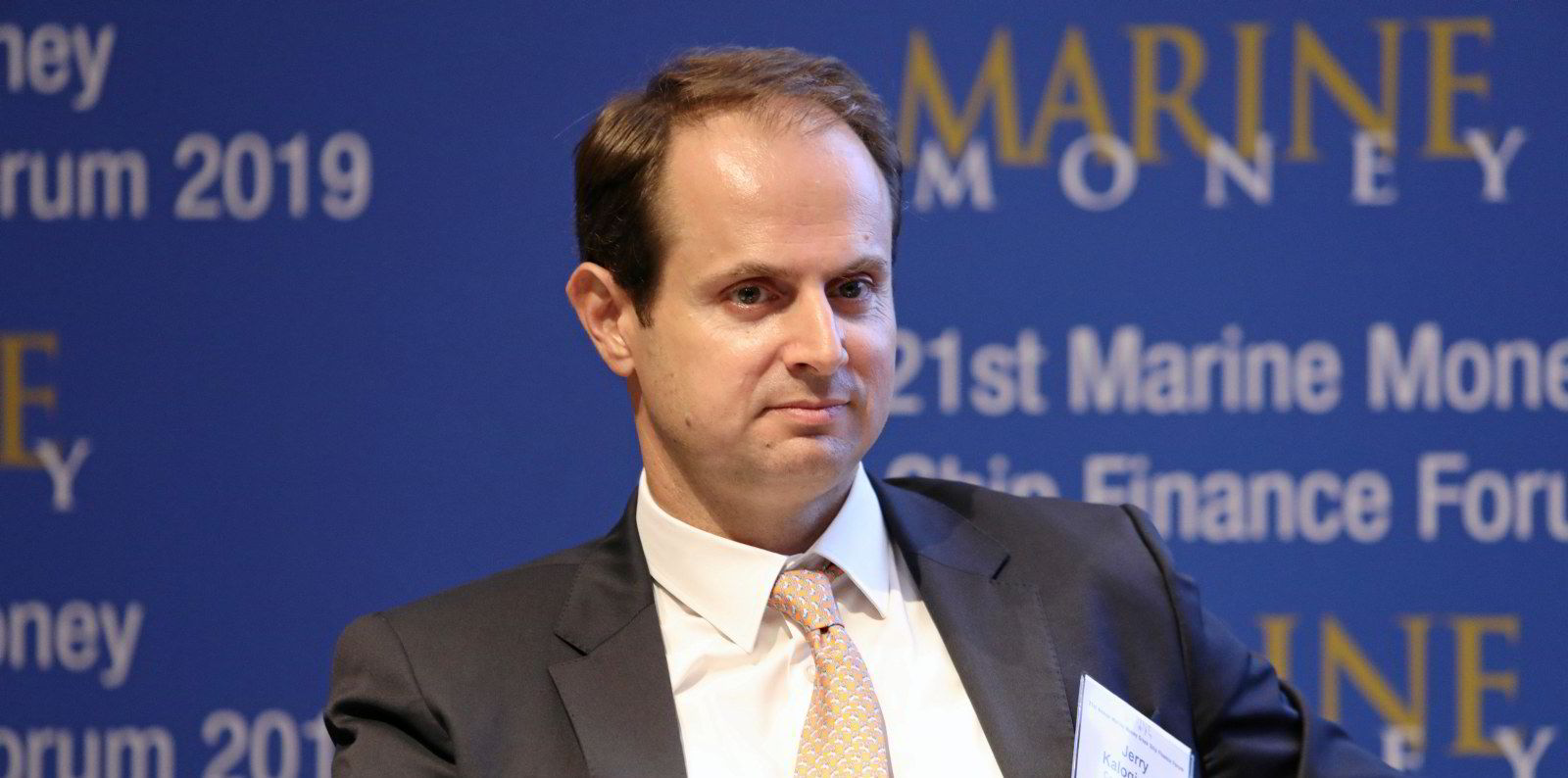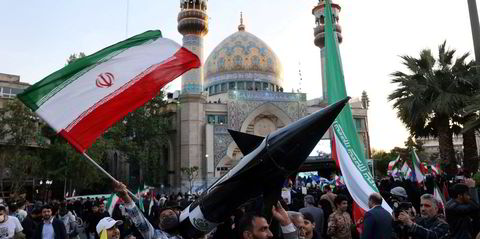Evangelos Marinakis-controlled Capital Gas has dived in on two of the rapidly vanishing shipbuilding berths for LNG carriers, ordering them at the highest price paid to date.
Sources close to the company said it has confirmed the newbuildings at Hyundai Samho Heavy Industries at a price of $240m each. Delivery is scheduled for January and March 2026.
On Wednesday, Korea Shipbuilding & Offshore Engineering said it had signed a contract with an unnamed company for its Hyundai Samho subsidiary to build two 174,000-cbm LNG carriers.
Prices for LNG carriers are running hot amid strong demand for vessels and a lack of berths at shipyards.
But the prices paid by Capital, on what are referred to as high-specification vessels, are almost $10m up on those reported for Maran Gas Maritime and TMS Cardiff Gas for LNG carrier orders contracted in the past few weeks.
One source said yard prices are now jumping by increments of $5m and $10m per vessel.
But charterers are proving hungry for vessels, with last-done rates for LNG carrier newbuildings fixed on long-term business approaching the six-figure mark.
These two orders bring Capital’s LNG carrier fleet to 14 vessels.
Six have been delivered and are fixed on charters to BP, France’s Engie and US producer Cheniere Energy.

Of the eight now on order, Capital Gas is due to take delivery of three in 2023 and three in 2024.
In June, the company announced that one of the on-order LNG carriers is fixed to Hartree Partners Power & Gas for a minimum five-year period. The vessel, which will trade as Asterix I, is due for delivery next January.
This leaves Capital with seven uncommitted LNG newbuildings in a market in which charterers are paying strong rates to fix modern two-stroke tonnage on period business.
Those following the company suggested that its seven open newbuildings are currently the largest speculative investment in the LNG shipping industry.
All of them are being constructed with ME-GA engines, shaft generators and air lubrication systems to reduce their methane footprints.
These latest LNG orders are part of a 37-vessel newbuilding programme for Capital, which also spans tankers and container ships.






